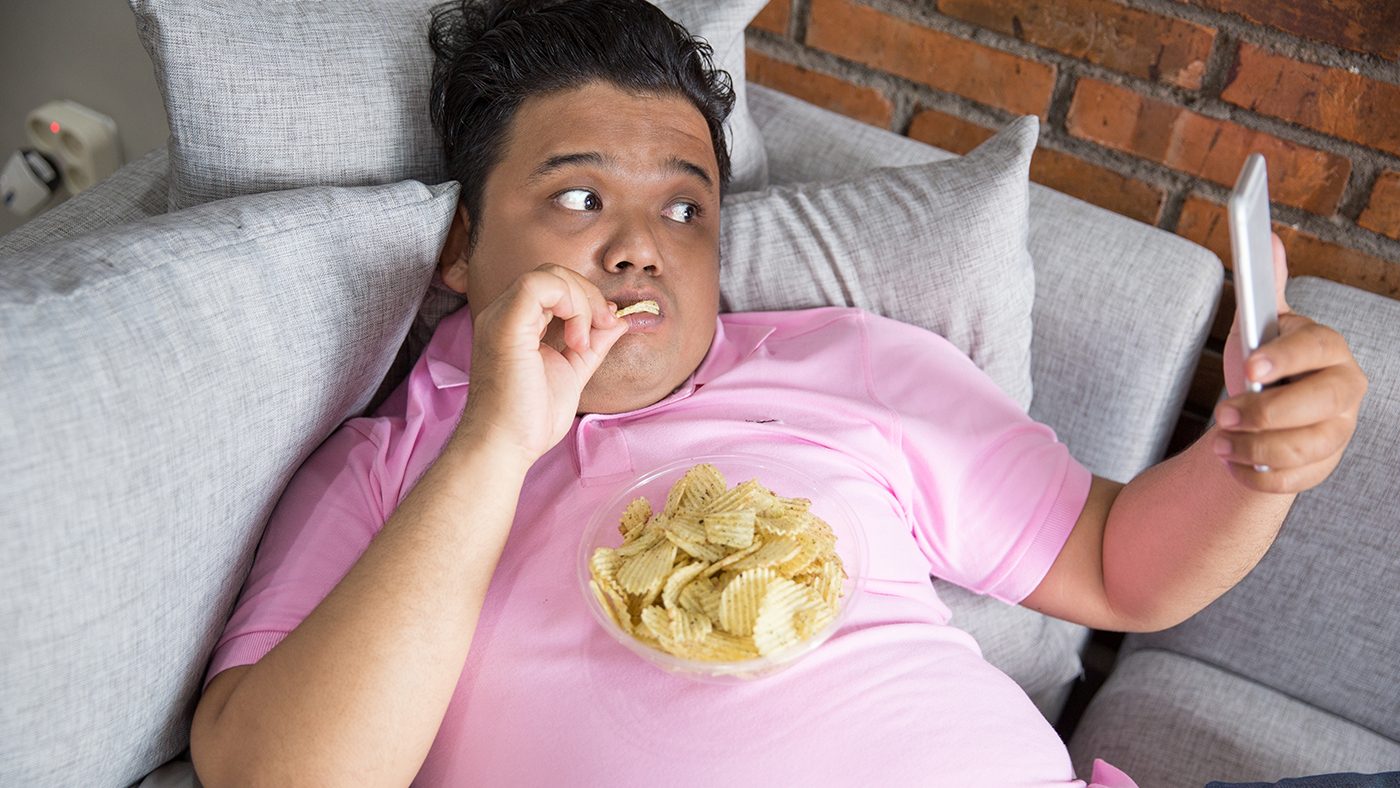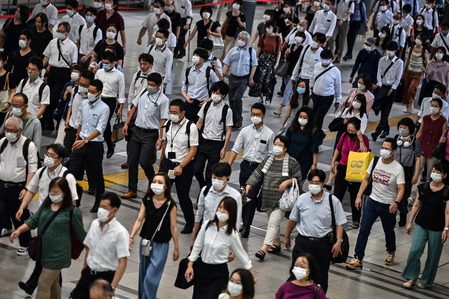SUMMARY
This is AI generated summarization, which may have errors. For context, always refer to the full article.

Young people who are not considered vulnerable to diseases might be putting themselves at risk to the coronavirus with unhealthy lockdown lifestyles, a former health adviser to the government said.
On Friday, August 14, Health Undersecretary Maria Rosario Vergeire told reporters that majority of SARS-CoV-2 infections in the Philippines were in productive age groups – Filipinos aged 20 to 59.
“Sila ‘yung lumalabas nagtatrabaho, bumalik sa pamilya, magkakasakit, mag-i-infect ng ibang may sakit (They are the ones who go out to work, come back home, and if they are sick, they infect others who will become sick),” she said in a press briefing.
National Task Force chief implementer Carlito Galvez Jr also said hospitals were reporting that recent COVID-19 cases came from workplace common areas and family celebrations.
But Dr Tony Leachon, former adviser to the Inter-Agency Task Force for the Management of Emerging and Infectious Diseases, said the high incidence of numbers may not just be with mobility and going to work. Even young people who stay at home with unhealthy lifestyles could be putting themselves at risk once exposed to the virus.
Smoking, eating habits
Health experts and the government have long said that the elderly, pregnant, and those with pre-existing conditions are vulnerable groups to the coronavirus, and could have more severe cases. But Leachon said young people still shouldn’t be letting their guards down.
The cardiologist said that more young people are contracting non-communicable or lifestyle diseases which are usually thought to be in older people. These include high levels of blood sugar and cholesterol.
“Smoking and vaping [can turn into] lifestyle diseases which predispose these young individuals. We’d think that they’d have stronger immunity, but now they’re the ones exposed. Hypertension can occur in younger groups because of junk food and food deliveries. Canned goods can also be high in sodium,” Leachon said in a mix of English and Filipino via phone interview.
Leachon, who has been doing telemedicine, said that he has a number of patients that gained 10 pounds over the lockdown.
Under general community quarantine (GCQ), the relatively relaxed quarantine level at which Mega Manila is under until August 31, persons below 21 and at least 60 years old are not allowed to go out except to do essential tasks.
“We prevent old people from going out because we assume they have co-morbidities, but the young ones have their own lifestyle diseases [from] obesity and smoking,” he said.
Other risks for young people stuck at home include binge eating and drinking alcohol to relieve pandemic-induced stress. Then there is prolonged streaming movies and TV shows at home, and possible demotivation or inability to exercise.
All of these, coupled with complacency of a non-fatal infection, could be the cause of so many coronavirus infections among young people in the Philippines, Leachon said. (READ: Under-20s half as likely to contract coronavirus – study)
Young people could then infect vulnerable persons at home, such as their parents and the children who were required to stay home to avoid the virus in the first place. (EXPLAINER: What’s modified ECQ and modified GCQ?)
Recent foreign reports also found that vaping had been linked to COVID-19 risk in otherwise-healthy teenagers. Young patients with no risk factors for stroke could also have increased risk for it if they contracted COVID-19.
Giving attention to workforce
Since the government loosened lockdowns to stimulate the economy, Leachon recommended that testing should be expanded more aggressively to the workforce and the larger population in general.
Currently, workers can fall under a certain subgroup of testing priorities of the government for when they have been exposed to a confirmed case or are showing symptoms. The government has yet to ramp up its capacities to be able to perform mass testing among workers. (EXPLAINER: What to expect from the Philippines’ expanded coronavirus testing)
In the meantime, the labor and trade departments have formulated guidelines to prevent the spread of SARS-CoV-2 in the workplace. Employers are to shoulder the testing costs for workers.
On August 16, the departments mandated free regular reverse transcription-polymerase chain reaction (RT-PCR) tests for employees in hospitality and tourism sectors, manufacturing companies, and frontline and economic priority sectors. It also became mandatory to wear both face masks and face shields.
The guidelines also required limiting the number of people in enclosed spaces and arranging tables to ensure physical distancing. Recently, the government also banned dine-in in canteens and smoking areas in workplaces.
Leachon said in balancing the health crisis and the economic crisis, the government must not forget that the two intertwine in ensuring the country’s human capital is healthy to produce output. This also serves as a “call for people to maintain [a healthy] lifestyle.”
“If we have a sick workforce, we have a sick economy,” he said. – Rappler.com
Add a comment
How does this make you feel?


There are no comments yet. Add your comment to start the conversation.